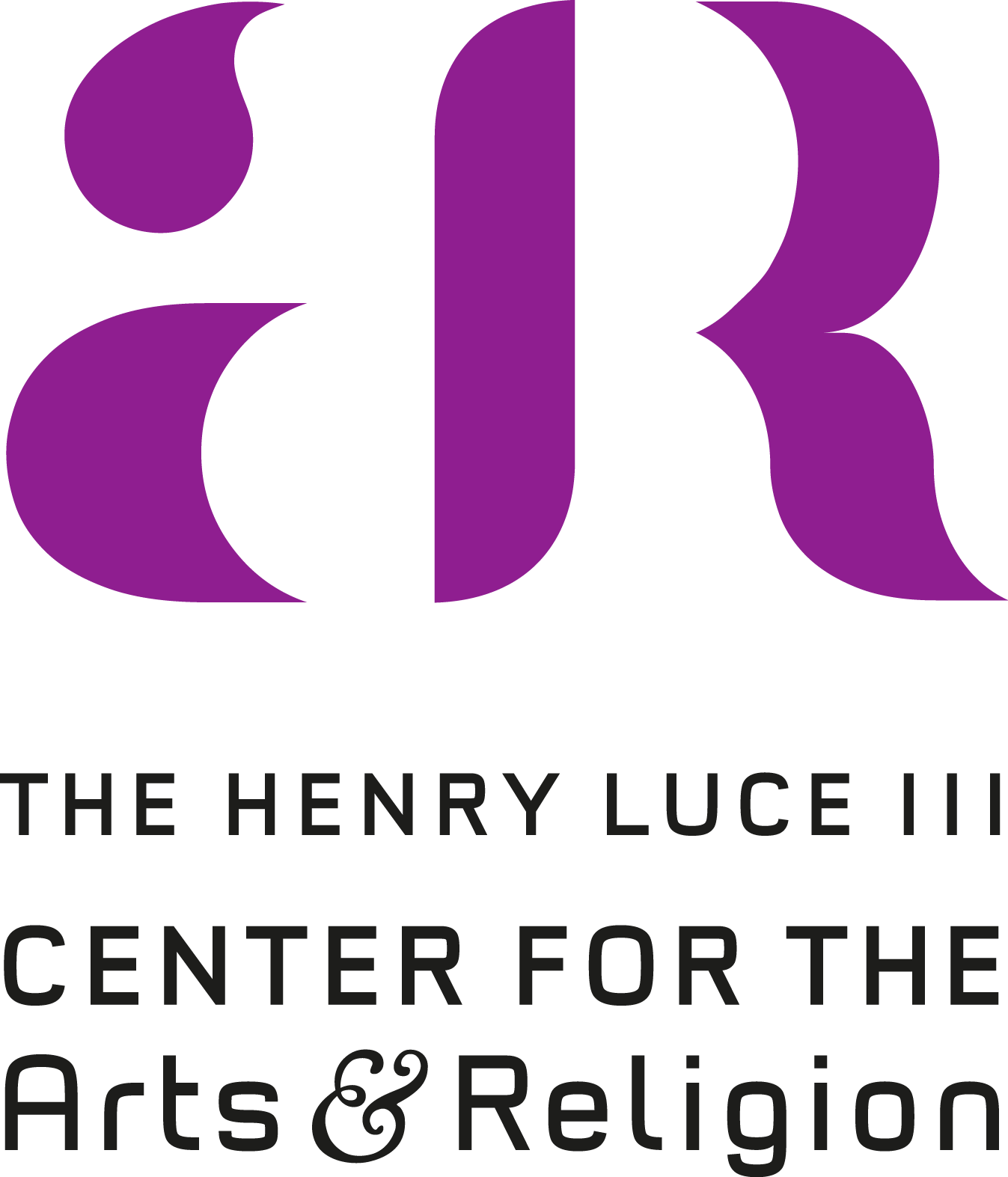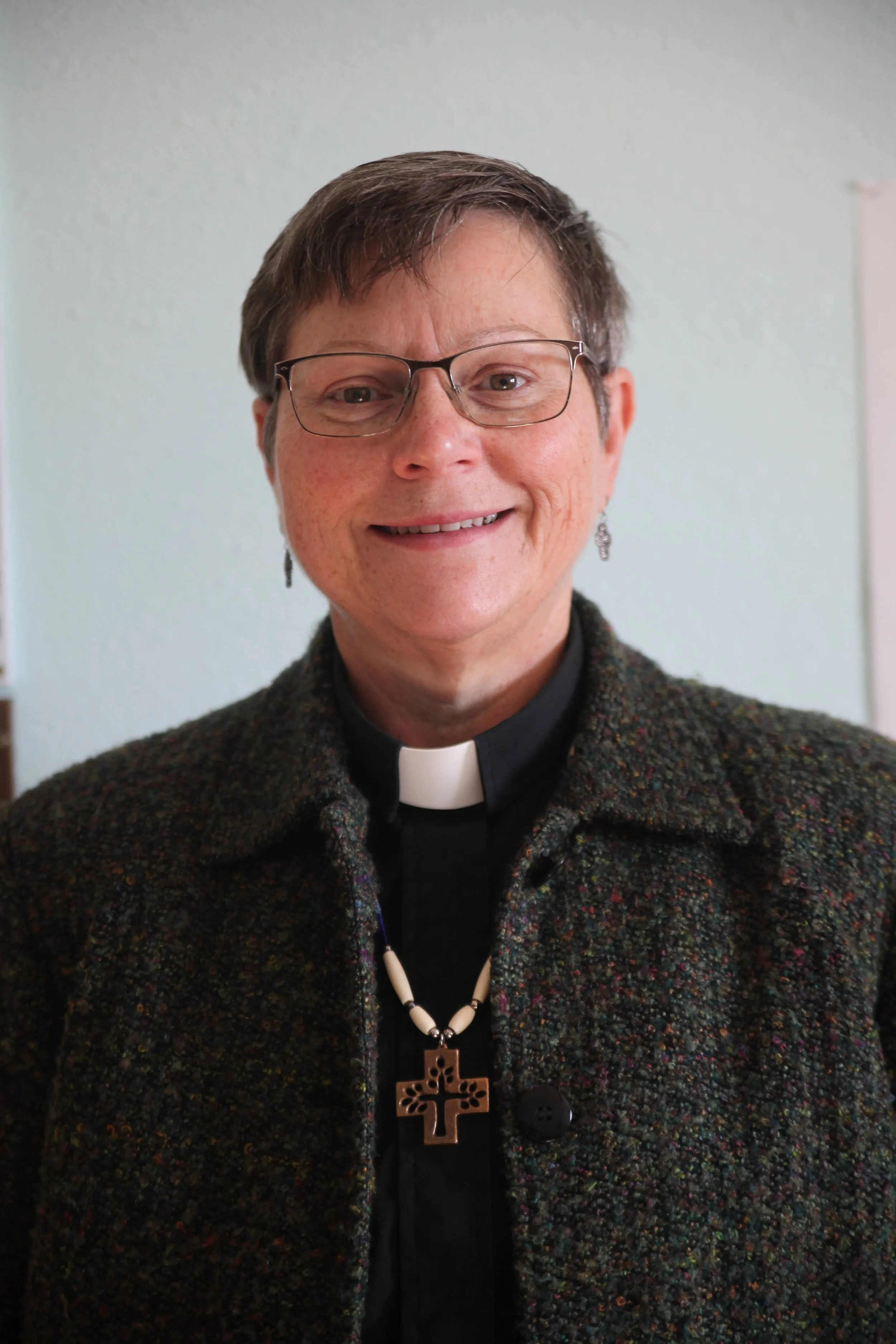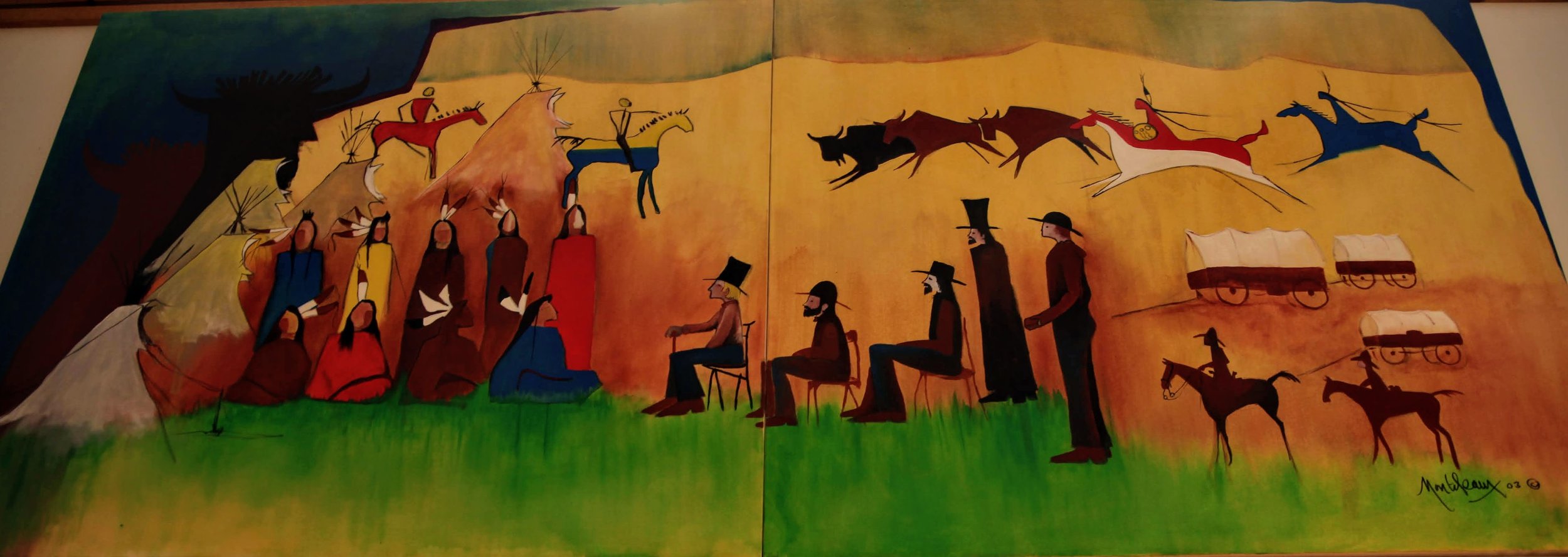
What’s in a Name?
Are you really gonna do this? Change your last name? Are you crazy? Isn’t that a pain? You sure this isn’t about making you the center of attention? People might think you’re trying to sound Native American. What would your Dad think?
The morning of my 35th birthday, January 13, 2020, I wasn’t hearing the chatter, the doubts. I was listening to God, praying at dawn. Great Spirit– Wakan Tanka as the Lakota call this Grandfatherly force– is home on the frosty northern plains, and had witnessed many mornings colder and more ominous than this. This was a joyful day. I prayed with gratitude in my heart. I was seeing things for the first time, important things, understanding myself, my ancestors, my country in new ways. Creator was teaching me. I would be wise to listen.
I was born with the last name Martin. Martin is a Norman name, meaning it came about through the conquest of the British Isles from the Norse Vikings. Something new to call the hybrid descendants of the Norse-English offspring, like “Samaritan.” Sam Martin, some Martin, Purple Martin, Green Martian. Martin means “Mighty Warrior,” but dad didn’t want me joining the military.
American Indian studies Professor Dina Gilio-Whitaker, in her book As Long as Grass Grows², talks about the wounds of the Viking invasions on the English, how the British Islanders (and other Europeans) as an embattled and conquered people, had carried those wounds for generations, and brought them along to the “New World.” Like Samaritans, these Normans became strangers in their own land. They all wanted healing. Some sought glory and justification crusading the battlefields of the Moors and Middle East. Some thought they could find peace with a fresh start across the Atlantic.
“There were three Martins on the Mayflower!” my father would often proudly say, touting his American pedigree. Such a boast rings different in Indian country. I found a copy of the ship’s manifest, and indeed it is true. Whether it was those three or a later group of immigrants, the Martins flourished in the New World. At least some, the ones I know about, headed south. Eventually, Martin would become the most common African American last name. That’s because my White ancestors owned the most slaves. Not boasting about that, are you dad? Or the stolen land they worked.
Mayflower ship’s manifest³, detail
Martin and Washington English family crests⁴
Weird about those family crests. Wish I knew the history of that similarity but I don’t. Maybe Washington and Martin were relatives back in old England. Maybe neighbors. Probably friendly though, right? Maybe they fought alongside. Well come to the New World; feels like I belong in Washington, D.C.
I don’t hate my dad, if you’re wondering. He was a great guy, someone I admired and who taught me a lot. But he had blind spots. Don’t we all.
Lakota Times ad
Jan. 9, 2020
Martin is common, both a first and last name. Matthias is unique, I hardly ever see it, but Martin is everywhere. In Pine Ridge I had already resolved to change it. Emily and I had discerned our new name over the prior two years, something we could live and grow into together excitedly. The appointment at the courthouse was set for February 7. Now it felt like I was seeing my old name all over the place.
I love maps. When we were headed to Wounded Knee I noticed that if you kept driving on Route 18 you’d get to the town of Martin about 50 miles east. There are a lot of “English” names on things.
Someone in a local family had died. They came to speak with Pastor Karen about the funeral and arrangements. Their car got stuck in the snow at her house. Dutiful servant seminarians as we were we all jumped into action and dug them out. They were touched. Pastor Karen later informed us that the family had invited us to the funeral, a special honor.
We drove about five minutes across a few streets in town to a little neighborhood that wrapped around in a circle. Mostly trailers. A lot of busted down cars and toys in the yard. Dogs barking. We were welcomed in and given seats. Small for all of us but we fit. We the seminarian visitors were all trying to be as respectful as possible, all touched to be present to this personal experience.
We sang hymns. A eulogy was given and other words were spoken. Sounds like she liked to party and somehow or another it caught up with her. No one was casting blame; drug abuse is a sad fact of life on many reservations. Pastor Karen offered words and a prayer. We were given a Tatanka stew (Buffalo/Bison), fry bread, potatoes– a good, hearty, traditional Lakota meal. There was butter and jelly for the fry bread. Everything was delicious. Food to keep warm and strong.
There was a little altar at one end of the living room with a plaque and some flowers for the deceased. We were invited to pass by and offer our blessings on her spirit. I realized I didn’t know her name. In my turn, I approached the plaque. Her name was Fern Martin. I had to take a moment. Of all the names. Fern was a name Emily and I had been considering for our baby in utero, when we thought it was a girl. We were moved by the beauty of the forests of British Columbia, and especially the ferns which adorned the forest floor. I was there to study Indigenous Theologies, and our child was conceived there. Later he was given the middle name Pacific.
I smiled that this was a sign from God. I needed to consider it, though, stare out the window at gentle tan hill across the way in the late afternoon sun. What was I to learn from this? It’s a funeral, my old name could be put to rest. Honor Martin with gratitude and reverence for your family that you love, it’s where you’re from, sins and all. But walk this new road. Life spreads out like a fern fractal in the Madelbrot set, endless, beautiful, mysterious. Now you’ve got a lineage. That baby is pure potential and you’ve got responsibilities.
Painting depicting a meeting between the Lakota and the White settlers by Donald F. Montileaux, at Oglala Lakota College
At Wesley, we’d been studying the Book of Joshua with Professor Dombkowski-Hopkins. She wanted us to rethink our orientation to the Canaanites, to Rahab “the harlot.” She helped the Israelites as a spy and was saved; was even in the lineage of Jesus. But did all the others really deserve to be slaughtered? Kids, too. Whole cities and towns.
They utterly destroyed everything in the city, both man and woman, young and old, and ox and sheep and donkey, with the edge of the sword. -Joshua 6:21
Osage Professor Robert Allen Warrior at the University of Kansas says that when he reads Joshua he identifies with the Canaanites– the conquered and decimated peoples.
A month after my visit to Wounded Knee Emily and I went down to the D.C. Superior Courthouse and changed our old English last names. Martin for me, Owsley for her.
EVERHOPE
A fresh start for a new family. On the way I noticed the Canaanland Apartments. Huh. Imagine my surprise when I saw the name of the presiding, Judge Russell F. Canan.
The messages of sacred wisdom are not always crystal clear. They must be ruminated upon, interpreted, discerned. In Lakota tradition, the elder tells the story but does not sum up a lesson for the youth. The story simply ends. They must discover its meaning for themselves.
Become the Canaanites, I think God was telling me. You’ve had enough time in the victor’s chariot. Identify your struggle with the beaten. ‘Your liberation is bound up with theirs’ as the Aboriginal activists in Australia said.⁵ I’d learned that lesson before, but needed the reminder.
There were other surprises at the courthouse. We went to an upper room, a small court for these kind of procedural civil matters. We arrived early, there were maybe five other people waiting. There was computer check-in station. Of the few “old” names ahead of my own, on the precipice of being cast off, there was one that dropped my jaw to the floor. “Fern Martin.” I looked around. I saw Rose. A woman I knew. It was her. What?
It would have strange been enough to see this name at all, but to know the person to whom it belonged, who’d never used it? I knew her by a totally different name, which I assume was her new name. She wanted to get past Martin too, for different reasons. I didn’t press it. I tried to take in this moment. God was telling me somethings all right.
If you don’t believe me, ask yourself why. Because it’s true. Every word.
“Fred Martin”, seen scratched in the center top of this image, from Red Cloud Indian School, is the name of my great, great uncle, who had a tomato farm in Pendleton, South Carolina.
-
¹ Swallow, Sandy. “Sun Boy.” Ledger Art Note Card. Photographed 2020.
² Gilio-Whitaker, Dina. As Long as Grass Grows: The Indigenous Fight for Environmental Justice, from
Colonization to Standing Rock. Boston: Beacon Press, 2019.³ “DOCUMENT PASSENGER LIST.” The Pilgrims. Accessed Nov. 17, 2021.
http://pilgrimunit.weebly.com/maps-and-pictures.html⁴ Heraldry Institute of Rome. “Martin; Washington.” Accessed Nov. 24, 2021.
https://www.heraldrysinstitute.com/lang/en/ricerca/?search=MARTIN&cache=1&search_lastname=1
https://www.heraldrysinstitute.com/lang/en/cognomi/Washington/idc/600484/⁵ Aboriginal activists group, Queensland, Australia. 1970s. (This is the preferred citation offered by Lilla
Watson, who is usually credited with the “your liberation is bound up with mine” quote. She has said
it should not be attributed to her alone, because it was developed in a collective process.)









